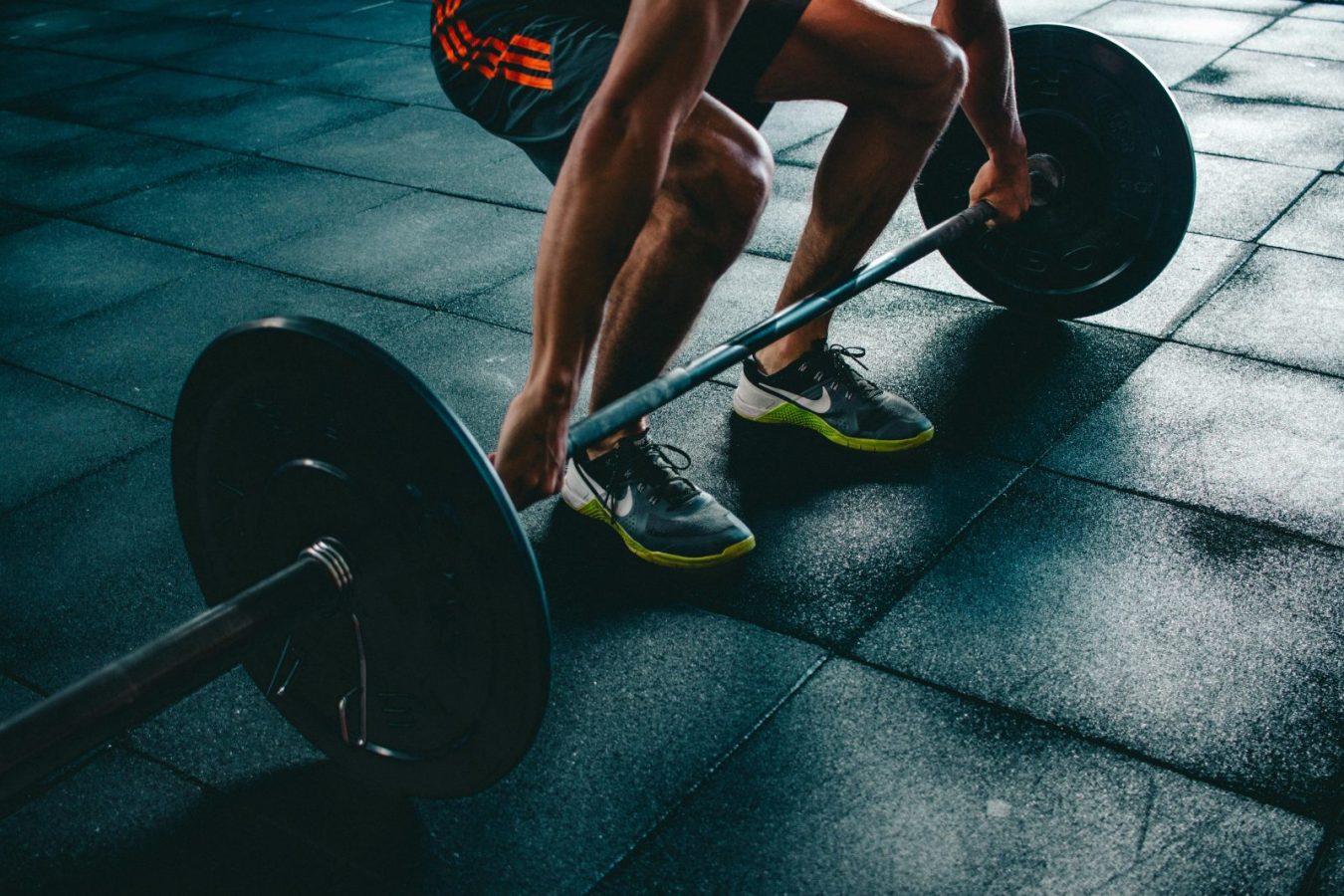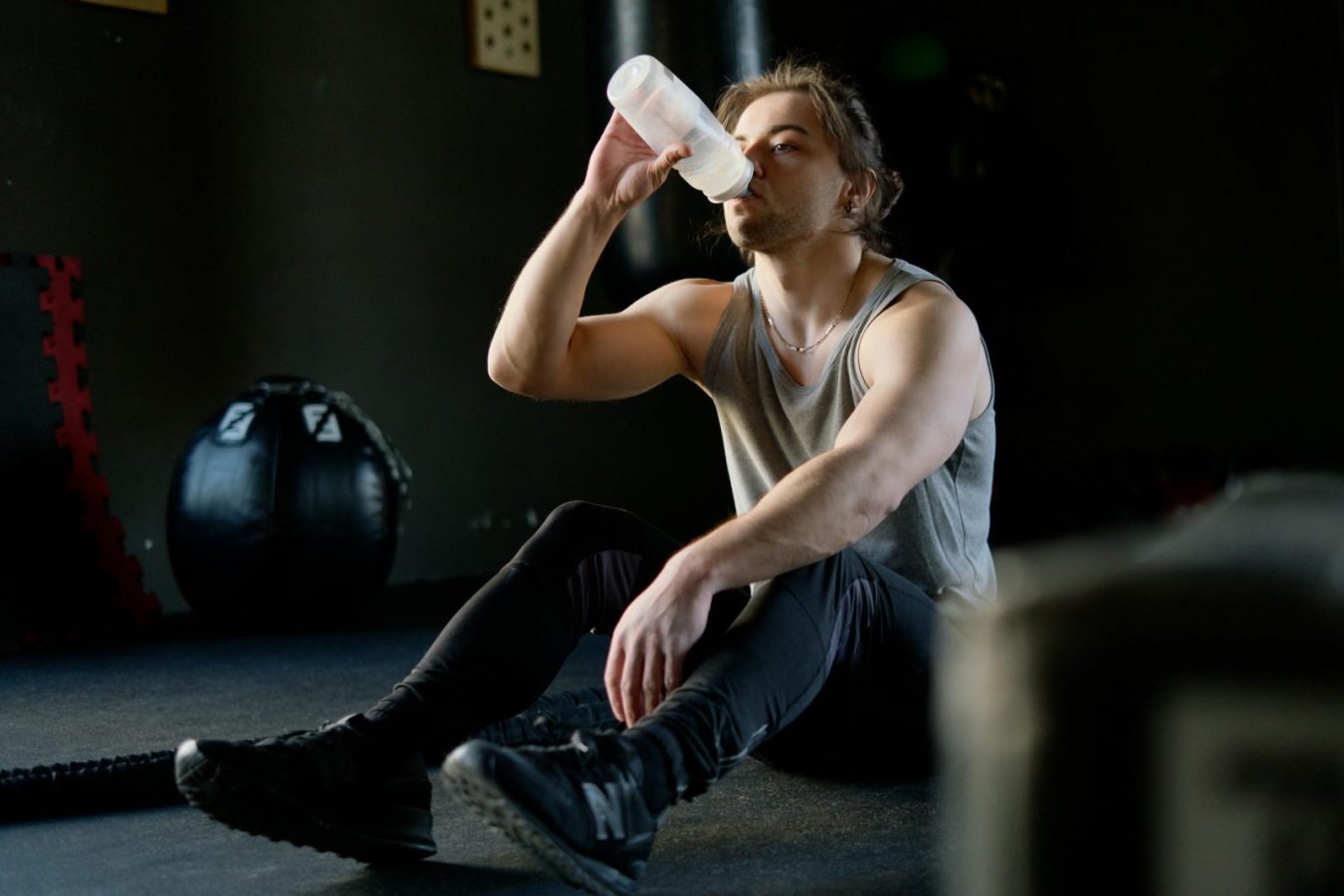It’s a familiar question for athletes and beginners alike: “why do muscles hurt after working out?” This soreness is normal, especially after new or intense exercises, but sometimes it signals overtraining or improper recovery. Understanding the causes helps you manage soreness and recover faster.
Delayed Onset Muscle Soreness (DOMS)
The most common explanation for post-exercise pain is DOMS — discomfort that appears 12–24 hours after training and peaks within 48–72 hours. It happens due to microscopic tears in muscle fibers caused by eccentric movements like squats, lunges, or downhill running.
According to a review on exercise-induced muscle damage , DOMS is a normal adaptation process leading to stronger muscles after recovery.
Overtraining and Poor Technique
If muscle pain feels extreme or doesn’t improve with time, it may be linked to poor exercise form or overtraining. Lifting too heavy, skipping rest days, or repeating the same workout daily can cause chronic soreness or even injury.
The American Council on Exercise notes that overtraining decreases performance and raises risk of long-term fatigue.

Nutrition and Hydration
Diet plays a big role in post-workout recovery. Not enough protein slows down muscle repair, while low electrolytes (sodium, potassium, magnesium) increase cramping risk. Proper hydration supports circulation and nutrient delivery to sore muscles.
A study in the Journal of the International Society of Sports Nutrition shows that protein supplementation after exercise enhances recovery and reduces soreness.
What Helps With Post-Workout Muscle Pain?
- Active recovery: light cycling, walking, or yoga.
- Cold compresses or contrast showers to reduce inflammation.
- Massage or foam rolling to improve circulation.
- Adequate sleep for tissue repair.
- Balanced diet with protein and electrolytes.

When to See a Doctor
Most post-workout soreness is harmless, but seek medical advice if:
- Pain lasts more than 5–7 days without improvement.
- There is swelling, redness, or sharp localized pain.
- You cannot walk or bear weight after exercise.
- Pain is accompanied by dark urine (possible rhabdomyolysis — urgent condition).
Stretching and Warm-Up Before Exercise
One of the most overlooked aspects of preventing post-exercise muscle pain is a proper warm-up and stretching routine. Jumping directly into heavy weights or high-intensity cardio without preparing your muscles increases the risk of soreness and even injury. Dynamic stretching before training boosts blood flow, increases flexibility, and prepares your joints for movement. Movements like arm circles, bodyweight squats, or light jogging signal your muscles that they’re about to work, reducing the shock of sudden exertion.
After your workout, static stretching and gentle mobility exercises help relax tight muscles and speed up recovery. Studies suggest that stretching doesn’t eliminate DOMS completely, but it can ease stiffness and improve overall comfort. In my own training, skipping warm-ups almost always led to stronger soreness, while a few minutes of mobility drills made the difference between being sore for two days versus just one.
How Long Does Muscle Soreness Last?
Muscle soreness after exercise, also known as DOMS, usually starts within 12 to 24 hours after a workout and peaks around the 48-hour mark. For most people, discomfort gradually fades within 3 to 5 days. The duration often depends on the intensity of the workout, your fitness level, and whether your body is used to that type of movement. Beginners or those trying new exercises may experience stronger soreness compared to seasoned athletes.
If soreness persists beyond a week, worsens over time, or is accompanied by swelling and sharp pain, it could be a warning sign of injury rather than normal recovery. In such cases, rest and medical evaluation may be necessary. For mild soreness, active recovery, hydration, and balanced nutrition usually help shorten the recovery window.
Does soreness mean my muscles are growing?
Mental and Physical Factors That Affect Muscle Soreness
Why do muscles hurt after working out even when your form is correct? Stress, poor sleep, and dehydration can amplify pain signals. When the body is under tension, recovery hormones like growth hormone and testosterone stay lower, delaying muscle repair. Learning to manage both physical and mental fatigue helps soreness fade faster and improves long-term performance.
Practical Recovery Routine After a Hard Workout
If you’re wondering why muscles hurt after working out, recovery starts the moment you finish training. Begin with five minutes of slow walking or cycling, followed by light stretching and hydration. At home, alternate warm and cool showers, eat a protein-rich snack, and get at least seven hours of sleep. These small habits reduce stiffness and make the next session easier.
How to Tell the Difference Between Normal and Abnormal Muscle Pain
After exercise, mild soreness that peaks within two days is normal. But sharp pain, swelling, or tingling may indicate an injury or nerve irritation. If pain lasts longer than a week, worsens with activity, or limits your range of motion, it’s best to rest and consult a professional. Understanding this difference prevents overtraining and helps muscles grow safely.
My Personal Experience
I used to wonder “why do muscles hurt after working out?” every time I tried a new routine. At first, I pushed too hard, skipped stretching, and ignored protein intake — which left me sore for days. Once I learned to pace myself, add recovery workouts, and refuel properly, the soreness became manageable and even motivating. Now, I see it as a sign my muscles are adapting and growing stronger.
Related Articles
- Joint Pain After 40
- Why Do Legs Hurt After 40?
- Why Do My Legs Hurt So Bad?
- Why Do My Lower Legs Hurt When I Walk?
- Arthritis in Your 40s
FAQ: Why Do Muscles Hurt After Working Out?
How long does muscle soreness usually last?
Typical soreness lasts 2–3 days. If discomfort continues beyond a week, it may be a sign of injury or overtraining.
Is muscle soreness a sign of a good workout?
Not always. Mild soreness can indicate adaptation, but severe pain isn’t necessary for progress. Consistency matters more than intensity.
Can I work out if my muscles are still sore?
Light activity like walking or yoga is safe, but avoid training the same sore muscles at high intensity until they recover.
Do supplements help reduce soreness?
Protein and omega-3 supplements may support recovery, but hydration, sleep, and rest are more important for reducing soreness.
Not directly. Soreness indicates micro-tears and adaptation, but muscle growth depends on consistent training, proper nutrition, and recovery.
Should I skip a workout if I’m still sore?
You don’t need to skip entirely. Opt for lighter activity or train different muscle groups until soreness decreases.
Can stretching make soreness go away faster?
Stretching won’t eliminate soreness, but it helps improve flexibility, reduce stiffness, and make recovery more comfortable.
When should I worry about muscle pain?
If pain lasts over a week, is sharp or localized, or interferes with daily movement, consult a healthcare professional.
⚠️ Disclaimer: This article is for informational purposes only and is not a substitute for professional medical advice. Always consult a healthcare provider for persistent or severe pain.

